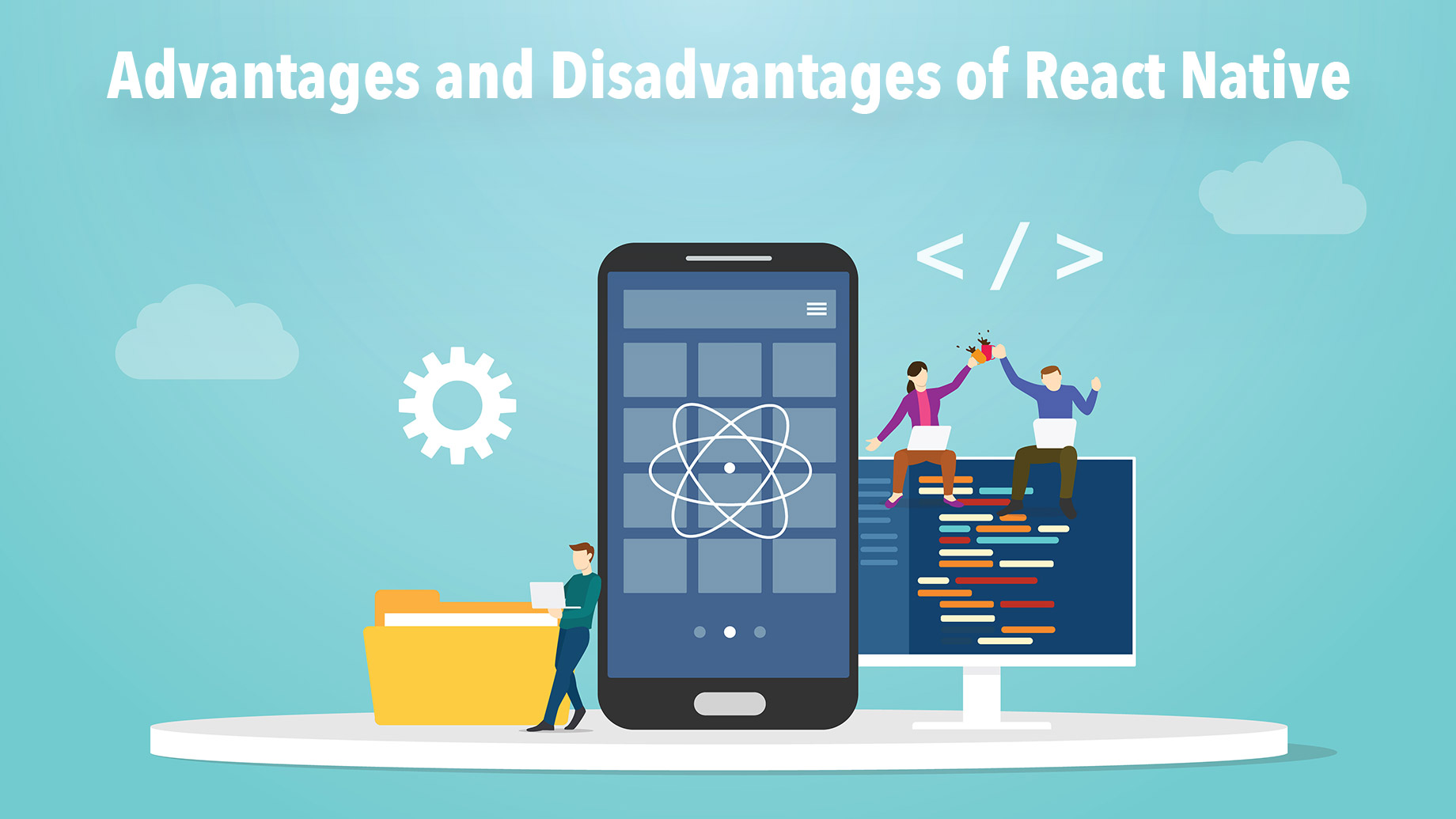
If you have been a software developer or you have been using Native mobile apps for a long time, you would remember it for the amazing performance and appealing looks which you can not seem to find somewhere else. Nowadays, due to the development of cross-platform tools, many developers are trying to launch products on many other platforms which looks fascinating. In this way, you only get on a team that will take care of your app. Visit this website to know more!
It became an important discussion whether cross-platform apps could replace Native apps among software engineers. Such as React Native, which is a famous cross-platform mobile development framework. Do you see React Native in the future of the development of mobile? Let’s guide you with its advantages and disadvantages in this article. So keep reading and enhance your knowledge.
What is React Native?
Well, for those of you who don’t know about what is React Native, let me tell you what it is. React Native is a cross-platform mobile development framework that is well-written in JavaScript. This technology is new, but has captured the attention of a large audience and is being used in many industries. React Native is also used among the developers of Twitter, Facebook, etc. Hence, you can create solutions and build an app without any hassle. Even though it is popular among some users, some do not like to use React Native. Therefore, we have discussed the advantages and disadvantages to give you clarity.
Advantages of React Native
It is cost-efficient
When you are working with two different apps for both iOS and Android, it costs you a lot of money and time. That means you assemble two teams that will bring your idea into the business market. In this situation, you work with two teams and make sure that your product meets the needs of customers. This long process won’t be necessary if you use React Native.
Offers support of 5 platforms
Are you a business owner who is dreaming to launch a product or build a mobile app that you can successfully access on various platforms and a larger audience? Well, here you are. React Native offers you a perfect solution and works on many platforms. Many tech enthusiasts and Non-tech workers think that this framework can only be used on Android and iOS. Well, that is not true. There are many community-supported projects which make you build an application that you can launch on various platforms such as Microsoft Windows, etc. Moreover, this fascinating framework revolves constantly and supports various platforms that give you so many opportunities as a developer and as a business owner.
Rich Talent Pool
React Native is very popular among its users. These technologies are used by users when they feel bored of working on their jobs and want to try different skills. React Native makes you try complex processes when you work on cross-platform apps.
It has a large community
When you are a software developer and you get stuck in a work, you don’t find a way out easily. Therefore, React Native always comes to the rescue as it has a big community that gives you important tools to fix any sort of problem as it appears.
JavaScript Engine
In 2019, Facebook launched an open-source JavaScript engine which was launched to enhance the performance of React Native mobile apps. It offered static optimization and compact bytecode which reduces the size of an app and optimizes start-up time. In this way software, developers build to get an astounding experience of cross-platform applications.
What are the disadvantages of React Native?
Written in a dynamic language
When you are creating any product, it is common for your development team to face issues. Therefore, JavaScript is written in a dynamically-typed programming language that does not allow parameters to variables and functions. In this case, a variable can be anything. Hence, if you need to prevent any events, you need to follow all the important guidelines as a software developer.
Lack of Native Modules
When you are developing custom solutions, your software team has to add native code to your product. This might let you end up with several codebases instead of one that shows differences in appearance or the way it works. However, these issues are very rare and you don’t face them quite often.
Which one should you use?
Now when the question arises, which platform should you choose between Native and Cross-platform, this question shows thousands of possibilities. This platform delivers you frameworks which many software engineers make you build an application which is no matter how complex so that you can launch it on many platforms. Hence, React Native allows you to reach a broad audience and prevent additional costs. Furthermore, it saved you a lot of time when you use this to make your position in the market.